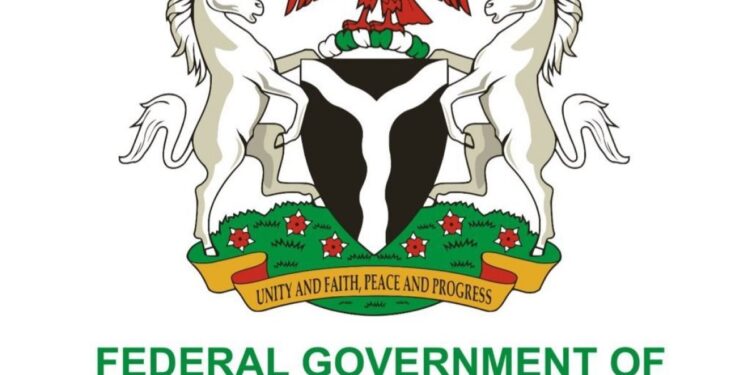In a significant move aimed at streamlining government operations and enhancing efficiency, the Federal Executive Council (FEC) has approved the restructuring and rationalization of several federal government agencies, commissions, and parastatals. This decision, made during the FEC meeting held on February 26, 2023, is based on recommendations from the 2022 and 2012 reports on restructuring and rationalization, including the Orasanye Panel report.

The approval of this restructuring plan marks a pivotal moment in the government’s efforts to optimize resources and improve service delivery across various sectors. Key highlights of the approved restructuring include the scrapping, merging, subsuming, and relocation of various agencies to streamline operations and eliminate redundancies.
One of the significant changes approved by the FEC is the scrapping of certain agencies, including the Pension Transitional Arrangement Directorate and the National Senior Secondary Education Commission (NSSEC). Their functions will be transferred to relevant departments within the Federal Ministry of Finance and the Federal Ministry of Education, respectively.
Moreover, several agencies are set to be merged to foster greater collaboration and efficiency. For instance, the National Agency for the Control of AIDS (NACA) will be merged under the Centre for Disease Control in the Federal Ministry of Health. Similarly, the National Emergency Agency (NEMA) will be merged with the National Commission for Refugee, Migration, and Internally Displaced Persons (NCFRMI), among others.
Additionally, the restructuring plan includes the subsuming of certain agencies under larger entities to streamline their functions and enhance coordination. For example, the Service Compact with all Nigerians (SERVICOM) will function as a department under the Bureau for Public Service Reforms (BPSR).
Furthermore, some agencies are slated for relocation to better align with their respective mandates and foster greater synergy. The Niger Delta Power Holding Company (NDHC), for instance, will be relocated to the Ministry of Power.
CLEAR DETAILS:
Agencies to be Scrapped:
- Pension Transitional Arrangement Directorate: Functions to be transferred to the Federal Ministry of Finance.
- National Senior Secondary Education Commission (NSSEC): Functions to be transferred to the department of Basic and Secondary Education in the Federal Ministry of Education.
Agencies to be Merged:
- National Agency for the Control of AIDS (NACA) to be merged under the Centre for Disease Control in the Federal Ministry of Health.
- National Emergency Agency (NEMA) to be merged with the National Commission for Refugee, Migration, and Internally Displaced Persons (NCFRMI).
- Directorate of Technical Cooperation in Africa (DTCA) to be merged with Directorate of Technical Aid (DTAC) and function as a department in the Ministry of Foreign Affairs.
- Infrastructure Concession and Regulatory Commission (ICRC) to be merged with the Bureau for Public Enterprise (BPE).
- Nigerian Investment Promotion Commission (NIPC) to be merged with the Nigerian Export Promotion Council (NEPC).
- National Agency for Science and Engineering Infrastructure (NASENI) to be merged with the National Centre for Agriculture Mechanization (NCAM) and Project Development Institute (PRODA), among others.
Agencies to be Subsumed:
- Service Compact with all Nigerians (SERVICOM) to function as a department under the Bureau for Public Service Reforms (BPSR).
- Border Communities Development Agency (BCDA) to function as a department under the National Boundary Commission (NBC).
- National Salaries, Income and Wages Commissioned (NSIWC) to be subsumed into the Revenue Mobilization & Fiscal Allocation Commission (RMAFC), and more.
Agencies to be Relocated:
- Niger Delta Power Holding Company (NDHC) to be relocated to the Ministry of Power.
- National Agricultural Land Development Agency (NALDA) to be relocated to the Federal Ministry of Agriculture and Food Security.
- National Blood Service Commission to be converted into an agency and relocated to the Federal Ministry of Health.
These measures underscore the government’s commitment to optimizing resources, enhancing service delivery, and fostering greater synergy among government agencies. The approved restructuring plan is expected to lead to greater efficiency, cost-effectiveness, and improved service delivery for the benefit of all Nigerians.
The implementation of these changes will be closely monitored to ensure a smooth transition and maximum effectiveness in achieving the government’s objectives of good governance and national development.









